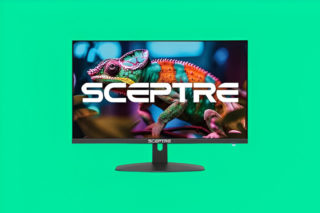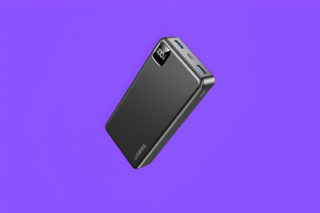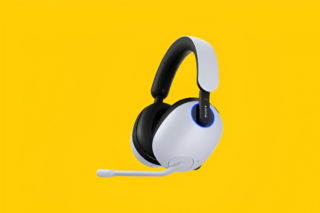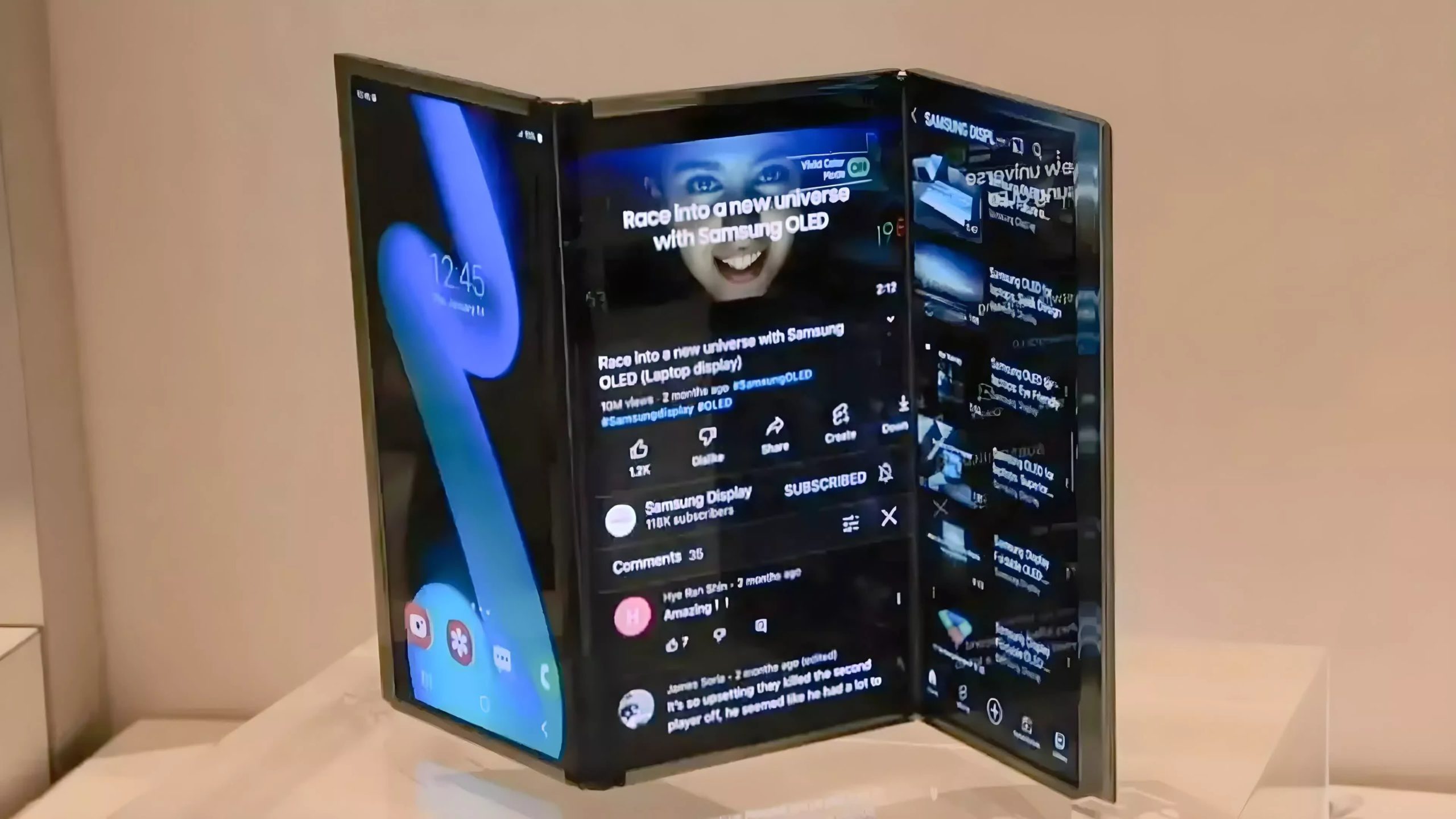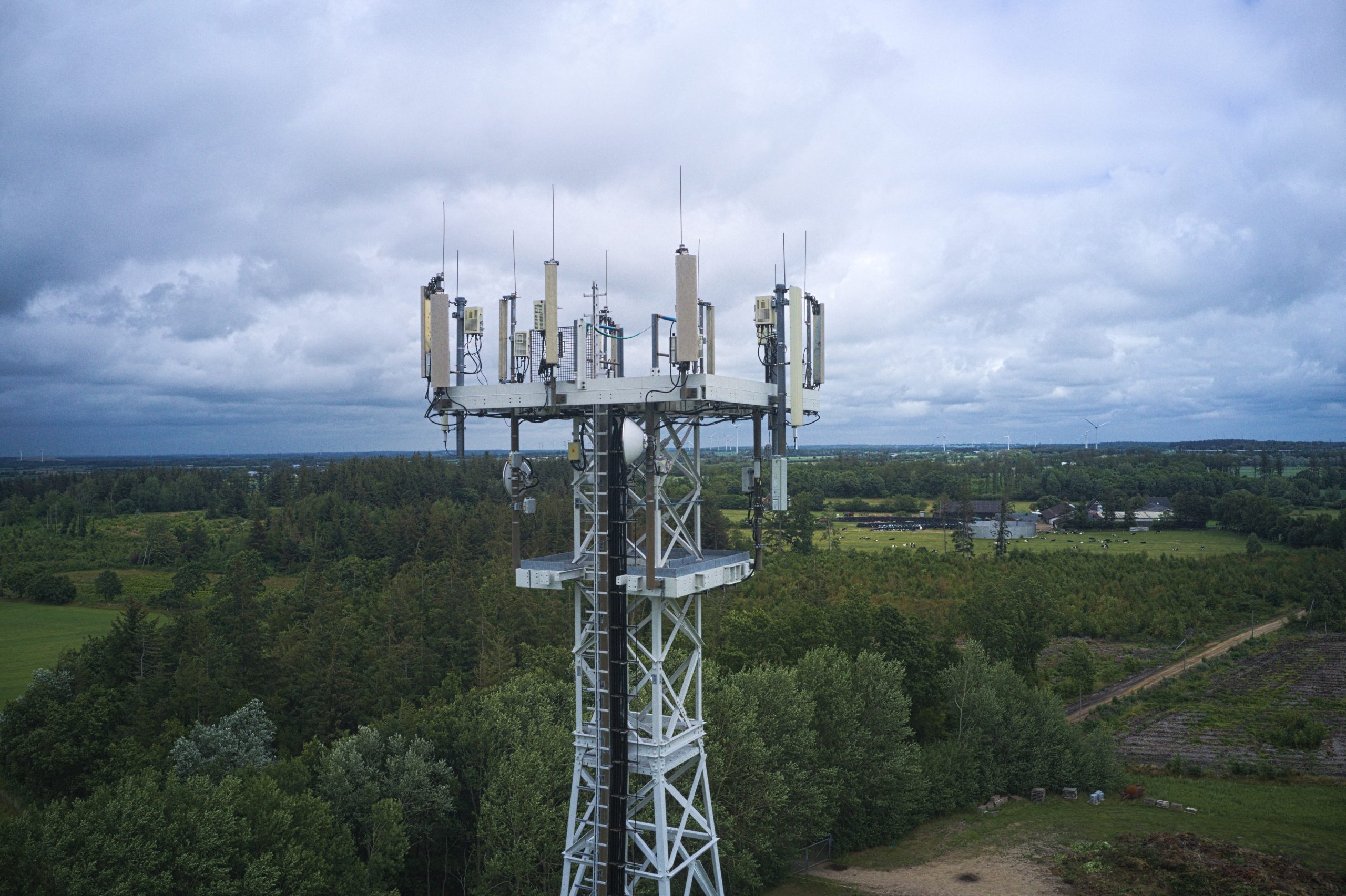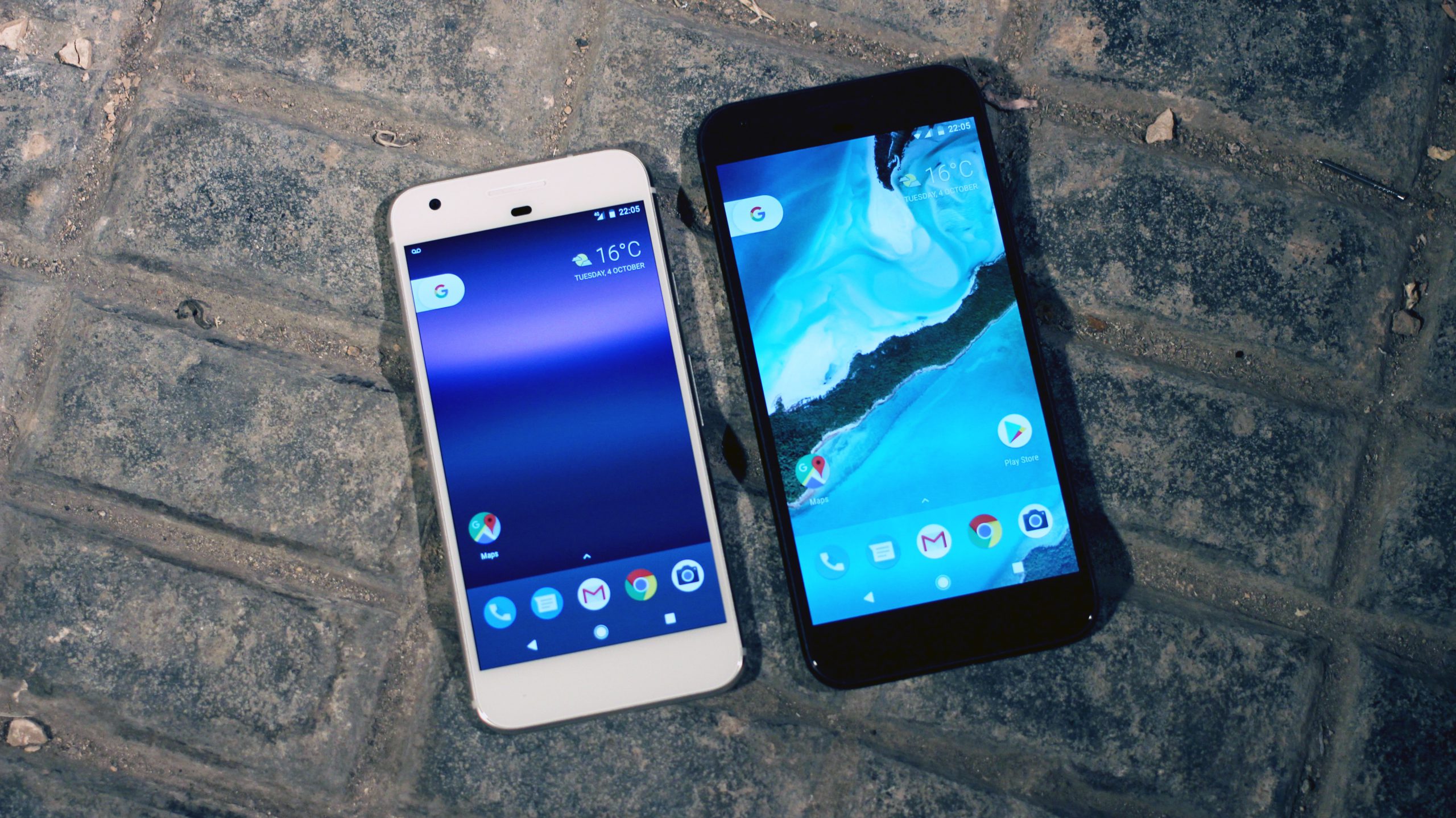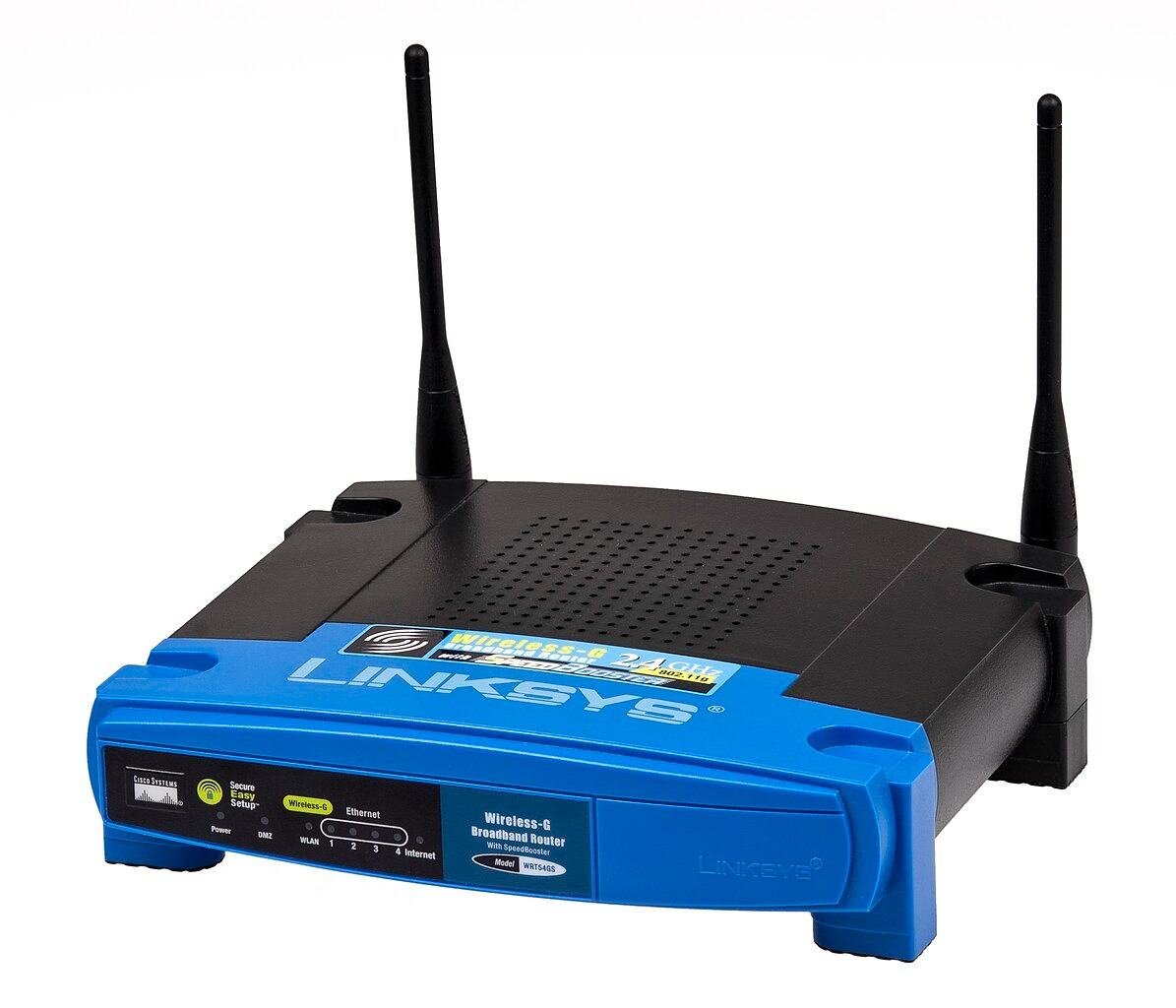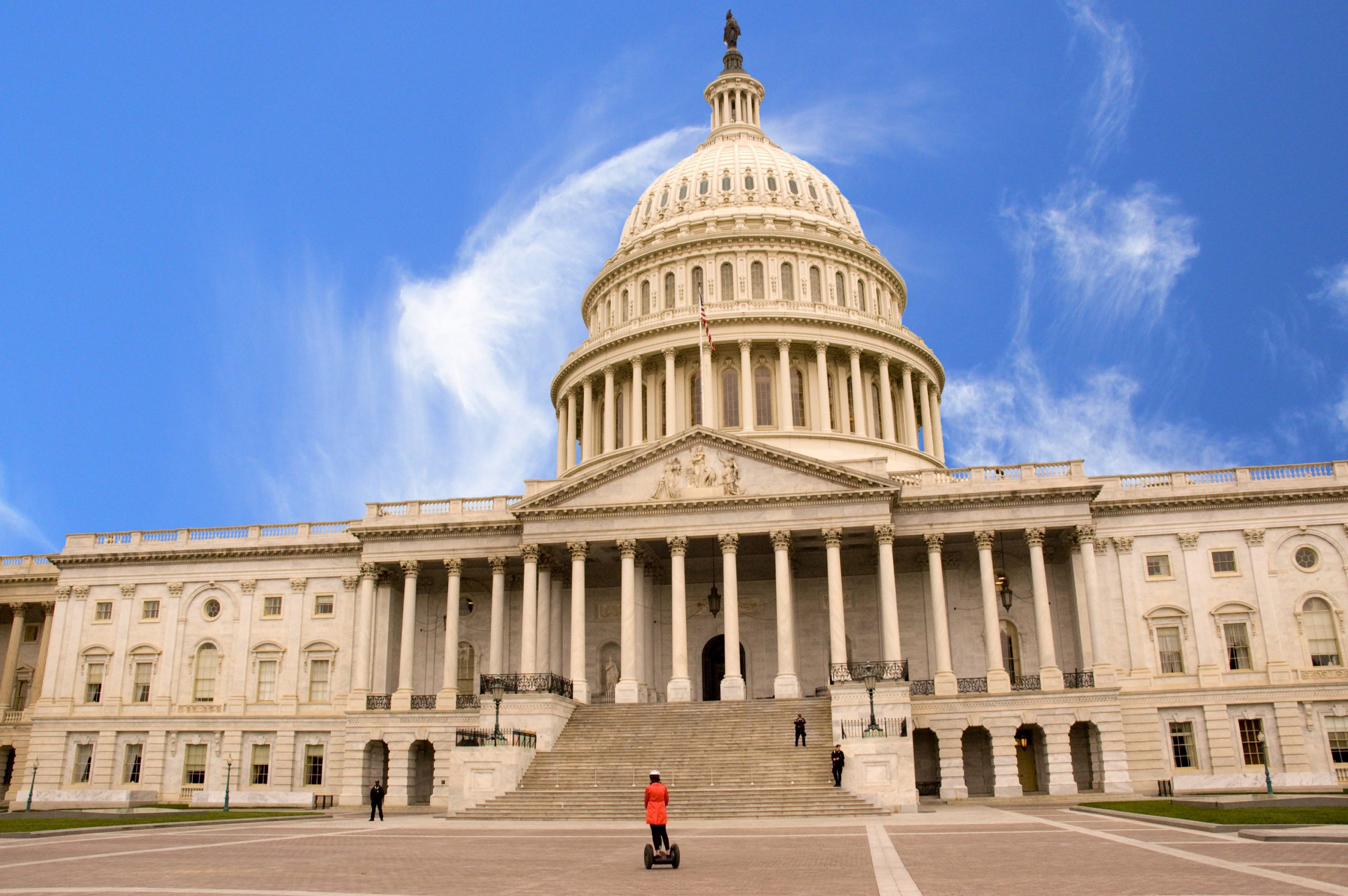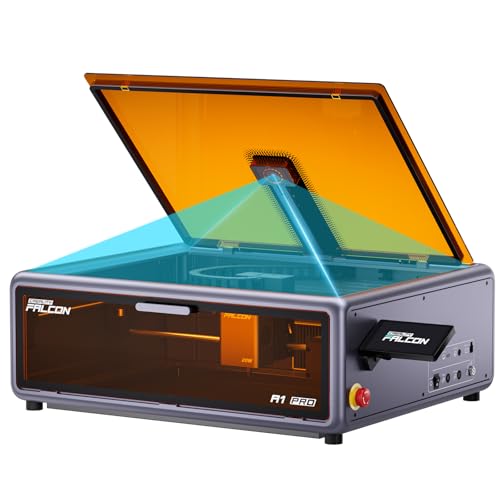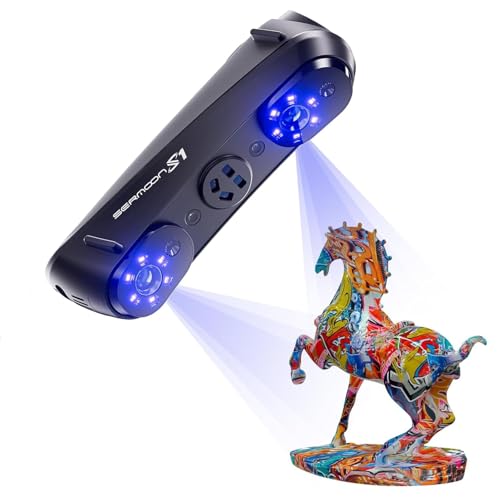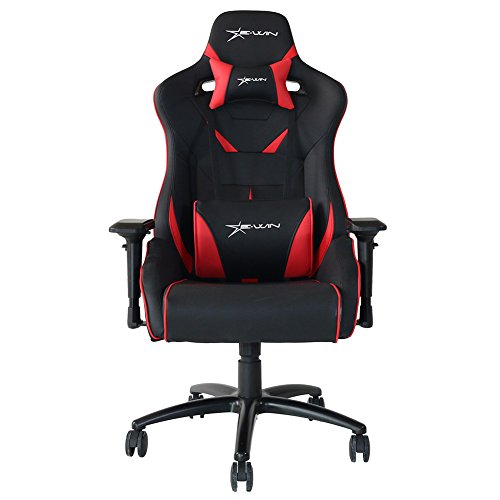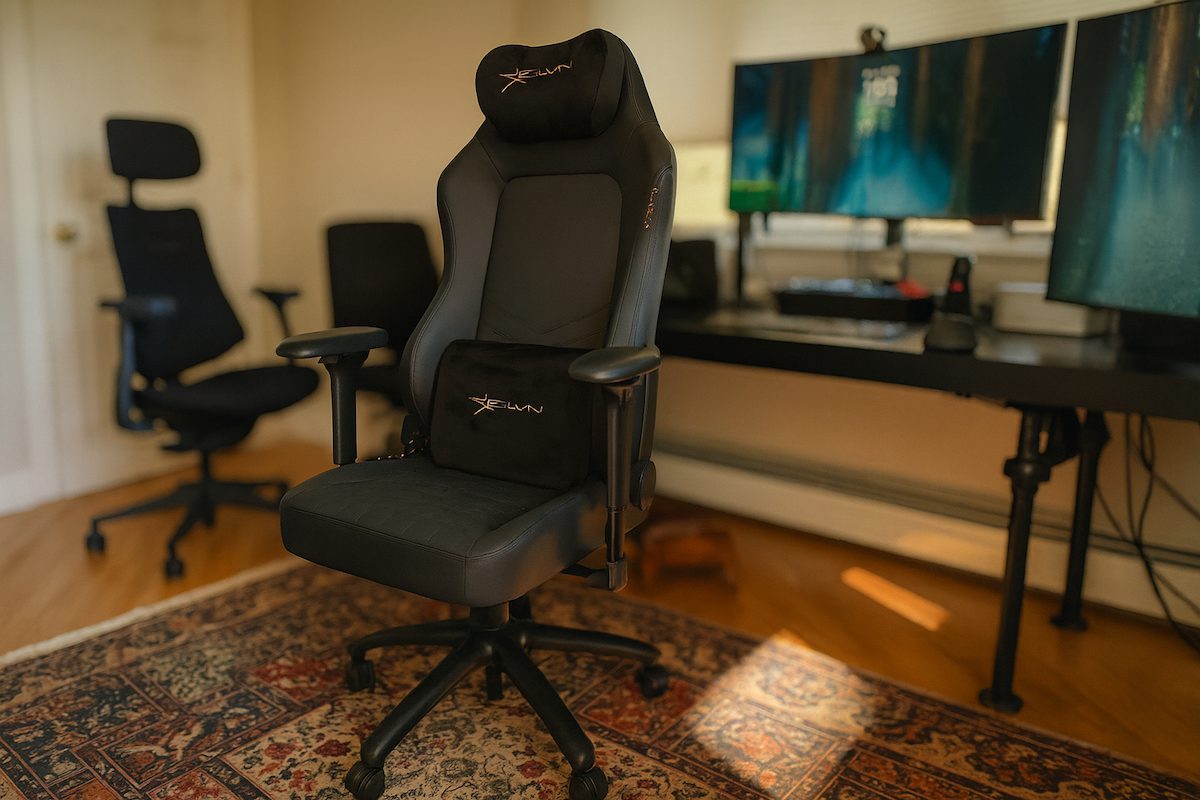Gearbox CEO Randy Pitchford just dropped the gaming equivalent of “let them eat cake.” His statement that “real fans” will magically conjure up $80 for Borderlands 4 has sparked the kind of backlash usually reserved for microtransaction announcements.
The tone-deaf comment came after fans expressed concerns about the rumored $80 price point for the upcoming looter-shooter. Pitchford’s defense? He once paid the same amount for a Sega Genesis game in 1991 while “working minimum wage at an ice cream parlor in Pismo Beach.” That’s like saying you should be able to afford a house because your grandparents bought one for $15,000.
The Economic Disconnect
If you’re wondering why gamers are loading their digital shotguns over this, consider that the federal minimum wage has only increased by 70% since 1991 (from $4.25 to $7.25), while living costs have more than doubled.
That $80 Sega game Pitchford references would actually cost around $185 in today’s money when adjusted for inflation. The difference? Back then, you weren’t also juggling rent payments and grocery bills that have increased at much faster rates than wages.
Pitchford’s comments have all the self-awareness of an NPC in Elden Ring walking off a cliff. The reality check that Pitchford needs would cost more than $80, apparently.
Gaming’s Luxury Problem
The truth is that AAA gaming is becoming the yacht club of entertainment. With major titles reportedly costing over $200 million to produce, someone’s gotta foot the bill – and publishers have decided it’s you.
Meanwhile, about 40% of Americans would struggle to cover a $400 emergency expense, according to Federal Reserve data. For perspective, buying five $80 games would exceed that amount. That’s not even enough to cover the major releases from a single season.
When Nintendo announced Mario Kart World for Switch 2 at $80, it wasn’t just setting a precedent – it was building a financial Berlin Wall between games and the players who love them. And with news that Nintendo plans to quietly remove a retro title from its Switch Online service in the US and Europe, the message is clear: nostalgia has a shelf life, and it comes with a price tag.
Pitchford claims the final price isn’t his call but belongs to publisher 2K Games. That might be true, but nobody forced him to suggest that your devotion to Borderlands should outrank your need for groceries or rent.
For many long-time vault hunters, the decision won’t be about being a “real fan” – it’ll be about the very real math of survival. Maybe instead of finding ways to pay $80 for a game, we should find CEOs who understand what $80 actually means to most people.
Not all hope is lost, though. Game Pass and similar subscription services deliver hundreds of titles for the price of two full-priced games per year. And indie developers continue making brilliant games at a fraction of the cost – often with more innovation than the sixty-third sequel to whatever franchise is being milked this week.





